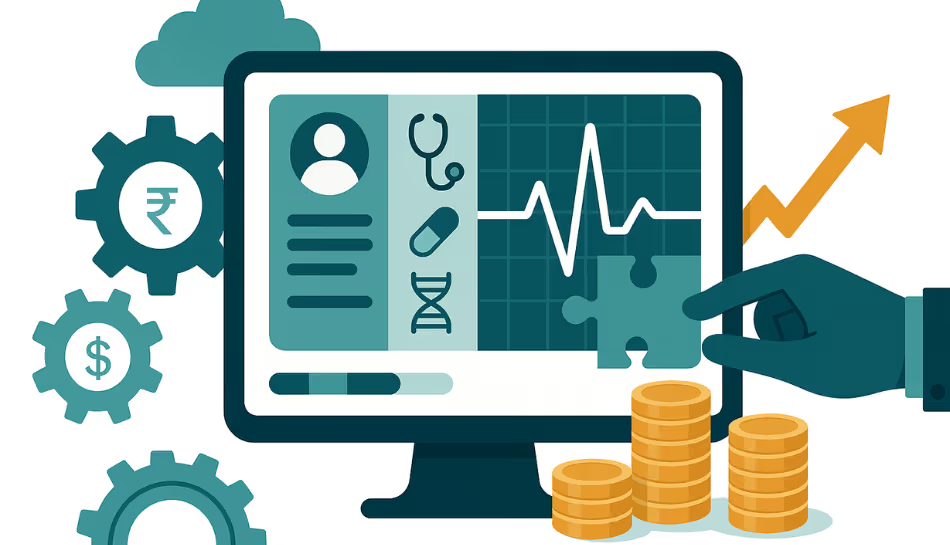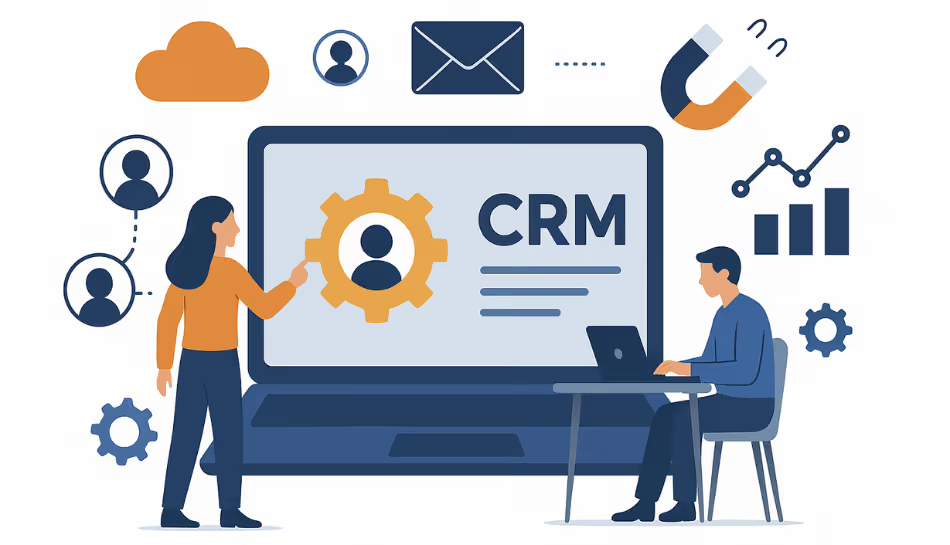In today’s healthcare world, having a digital system to manage patient records, appointments, billing, and clinical data isn’t optional, it’s essential. That’s why so many hospitals and clinics are adopting Electronic Health Records (EHR) and full hospital management systems (HMS).
But how much does it cost to develop and implement one? The answer depends on your size, goals, and technology needs.
In this article, we’ll break down the cost of implementing an EHR system, explain what goes into that price, and help you budget smartly for a modern health information system.
What Is a Health Information System?
A health information system (also known as an EHR or HMS) is software that allows hospitals and clinics to manage:
It improves efficiency, reduces paperwork, and ensures accurate, secure patient care. But building and implementing one isn’t just about buying software, it’s about planning for the full journey.
EHR Implementation Cost Breakdown
Let’s look at what makes up the EHR implementation cost:
1. Software Development or Licensing
- Off-the-shelf EHR software usually charges a license or subscription fee.
- Custom development costs more upfront but offers long-term flexibility and control.
Custom development costs more upfront but offers long-term flexibility and control.
2. Implementation Services
This includes:
- Setting up the system
- Migrating old data
- Configuring workflows
- Testing
You’ll need professionals to adapt the system to your needs, which can account for 20–30% of total cost.
3. Training
Staff training is often underestimated but critical. You’ll need to train:
- Doctors and nurses
- Admin staff
- Billing and finance teams
Training costs can vary but are usually 5–10% of your overall budget.
4. Hardware (If On-Premise)
If you're not using a cloud-based solution, you'll need:
- Servers
- Secure storage
- Networking equipment
This can add another 10–20% to your cost.
5. Maintenance and Support
After going live, expect to pay annual maintenance or support fees, around 10–15% of your EHR cost. This covers updates, bug fixes, and security monitoring.
Hidden Costs to Watch For
While the above are standard, be aware of potential extras like:
- Integration with lab equipment or insurance portals
- Adding SMS/email notification features
- Building mobile app access for patients or doctors
These are often billed separately, so it’s smart to ask vendors for a detailed breakdown.
How to Keep Costs Under Control
If you're concerned about your hospital management system cost, here are a few tips:
Begin with essential modules like patient records and billing. Add lab, pharmacy, or radiology later.
They reduce hardware and maintenance costs and are easier to scale across multiple branches.
A local EHR software provider understands regional compliance and pricing realities, and may offer better long-term support.
Custom EHR systems may cost more upfront, but they’ll save money down the line by avoiding licensing fees and allowing more control.
Final Thoughts
The cost of implementing EHR in hospitals may seem high at first, but the returns in terms of efficiency, patient care, and reduced errors are well worth it.
In 2025, modern healthcare depends on smart digital systems. Whether you choose a simple clinic EHR or a full-fledged hospital management platform, budgeting wisely ensures your investment delivers long-term value.



